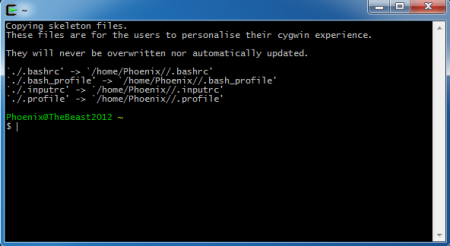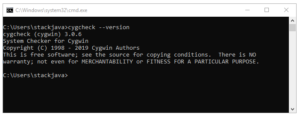

Matching Recursively for a Pattern in the Directory grep "$" įor example, we will search "system" in multiple files − ~$: grep "system$" sample1 sample2 sample3 Using this expression with the grep command, you can match the lines or passages which end with the mentioned pattern/word. The regular expression pattern '$' defines the end of a passage/line. Matching the Pattern that Ends with a Specific Word / String In the following command, we will use the grep command to search "gnu" in the files − ~$: grep "^gnu" sample2 sample3 Using the following grep command, you can display the lines starting with a specific pattern or string. The regular expression pattern '^' defines the beginning of a passage or line. Matching the Pattern that Starts with a Specific Word / String ~$: grep -v "Linux" sample1 sample2 sample3 In this case, you can use the -v option with the grep command as follows − grep -v "" įor example, we will search for those files which do not contain the word "Linux". You can match only lines that are not similar to the mentioned pattern. Here, the below command shows both the patterns 'Linux' and 'Unix,' which ends with 'x.' ~$: grep ".x" sample1 sample3 Use the following grep command to display specific characters that match any word, pattern, etc., in the files. įor instance, the below command will show the file's name in the current directory containing the word "linux" − ~$: grep -l "linux" * If you want to search files containing a specific pattern or string, use the following command − grep -l "". Searching the File Names that Match the Pattern Here, we will search "Linux" through the grep command and its -o option − ~$: grep -o "Linux" sample1 sample3 You can show only the pattern instead of the entire passage or line by using the -o option with the grep command. The grep command displays the entire paragraph or line by default. Let's display all the results related to 'unix', but the terminal will show all files containing 'Unix' or 'unix.' ~$: grep -i "unix" sample1 sample2 sample3 You can search for any pattern insensitively using the -i option with the above command − grep -i. Matching the Case-Insensitive Search on Files The above command matches the mentioned pattern and displays the files containing "unix". Here we will search for the word "unix" among all the files in the Documents directory.įor this, use the below command − ~$: grep unix sample1 sample2 sample3 It comes under case-sensitive search if you have to find exact words and patterns using grep on files. Matching the Case-Sensitive Search on Files Now, we will search for these sample files through the different options of the grep command in Linux. Let's create some sample files in the 'Documents' directory and match for a string or a regular expression in those files. The grep command is pre-installed in most Linux distributions. Using Grep on Files that Match Specific Criteria on Linux In this short guide, we will use a grep on files that match specific criteria on Linux. So you have to use the -o option only to display the name of the file and the searched character. The Grep command displays the whole line that contains the specific character. You must use quotation marks in the grep command to search for a character with a special meaning to the shell. ,That's why you must use the -i option to match the case-insensitive pattern. Grep is a case-sensitive command by default. However, there are a few things that you should follow while using the grep command in Linux − You can use the grep command to display the specific file's name that contains a particular pattern you are looking for. Unlike other operating systems, finding any file in Linux is simple because you can use the grep command to search any file. Linux contains various types of commands and utilities to simplify every task.

It is considered one of the most useful commands on Unix / Linux-like systems for sysadmins and developers. This command filters and searches for a particular pattern of characters and displays them as output. Grep (global regular expression print) command matches and searches the specific pattern in the regular expressions.


 0 kommentar(er)
0 kommentar(er)
